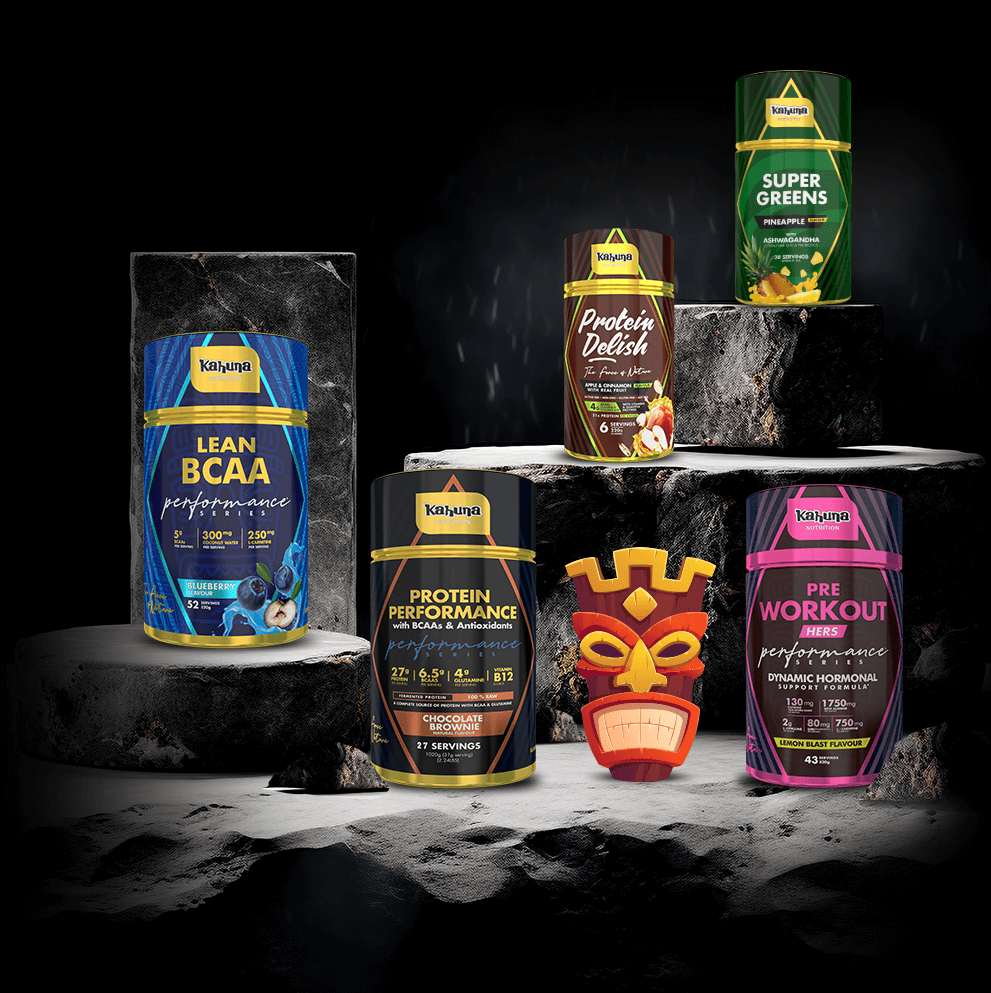In today's fast-paced world, ensuring our bodies get the nutrients they need can sometimes take a backseat. Among these essential nutrients, protein stands out as a building block for every cell in our body. It’s involved in nearly every bodily function, from muscle repair to hormone production. But what happens when we don’t get enough? Let’s explore some signs that your body might be signalling a protein deficiency and why it’s crucial to listen.
Persistent Fatigue
Do you find yourself feeling constantly tired, even after a good night’s sleep? While fatigue can stem from various causes, a lack of protein is a common culprit. Protein is essential for creating haemoglobin, which carries oxygen throughout your body. When you’re not getting enough, your muscles and tissues don’t receive the oxygen they need, leading to that worn-out feeling.
Loss of Muscle Mass
Protein is vital for maintaining muscle mass. If you’ve noticed a decrease in your strength or muscle size without a change in your workout routine, it might be your body’s way of telling you it needs more protein. Your muscles rely on protein for repair and growth, and without it, they begin to break down.
Hair, Skin, and Nail Problems
Your hair, skin, and nails are made primarily of proteins like keratin and collagen. When your body lacks protein, it can result in brittle nails, hair loss, or dry, flaky skin. These signs are often the first visible indicators of a protein deficiency.
Frequent Illnesses
Protein plays a key role in building and repairing tissues, as well as in producing antibodies that help fight off infections. If you find yourself catching every cold or flu that goes around, or if minor wounds take longer to heal, a protein deficiency might be weakening your immune system.
Increased Hunger and Cravings
Feeling constantly hungry, even after eating? This could be your body’s way of asking for more protein. Protein helps regulate your blood sugar levels and keeps you feeling full longer. A diet low in protein may lead to increased cravings, particularly for sugary or carbohydrate-rich foods, as your body tries to find an alternative source of energy.
Mood Swings and Brain Fog
Your brain relies on amino acids (the building blocks of protein) to produce neurotransmitters like serotonin and dopamine, which regulate mood and cognitive function. A lack of protein can lead to mood swings, anxiety, and difficulty concentrating, commonly referred to as "brain fog."
Oedema (Swelling)
Oedema, or swelling, especially in the lower limbs, can be a sign of protein deficiency. Proteins help maintain the balance of fluids in your body, so when you don’t get enough, fluid may accumulate in your tissues, causing swelling.
How to Ensure You’re Getting Enough Protein
So, how much protein do you really need? The answer varies depending on your age, sex, and level of physical activity, but a general guideline is 0.8 grams of protein per kilogram of body weight for the average adult. However, those who are highly active, pregnant, or elderly may need more.
Methods of Incorporating Protein into Your Diet
- Plant-Based Options: If you're vegan or vegetarian, include protein-rich foods like lentils, chickpeas, tofu, quinoa, and nuts.
- Animal-Based Sources: Eggs, lean meats, fish, and dairy products are excellent sources of high-quality protein.
- Supplements: If you’re struggling to meet your protein needs through food alone, consider a protein supplement. There are various options available; make sure you check the ingredients and choose one suitable for your dietary preferences.
In Conclusion, Listen to Your Body
Protein is a critical nutrient that plays a role in nearly every part of your body’s function. If you notice any of the signs mentioned above, it might be worth taking a closer look at your diet. Ensuring you get enough protein isn’t just about building muscle; it’s about supporting your overall health and well-being. Listen to your body—it knows what it needs.
For those who find it challenging to meet their protein needs through food alone, considering a high-quality protein supplement can be a practical and effective option. Whether you’re dealing with a busy lifestyle, specific dietary restrictions, or just need a convenient way to boost your protein intake, our supplements—like Protein Delish, Protein Complete, and Protein Performance—can help fill the gap.
They are gluten-free, lactose-free, soy-free, and dairy-free, making them a perfect choice for any dietary preference. Check them out here with full details of their ingredients and directions for use.
Prioritising your protein intake can help you stay strong, healthy, and full of energy. Your body will thank you for it.













Leave a comment